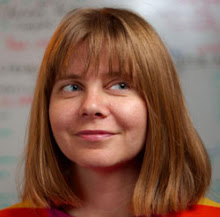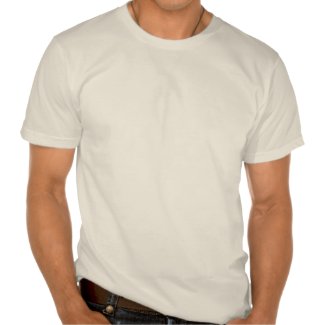 Virginia Weidler yo-yos her way into my heart as Dinah Lord in The Philadelphia Story.
Virginia Weidler yo-yos her way into my heart as Dinah Lord in The Philadelphia Story.I suppose if one needs to have a favorite child actor mine would be Virginia Weidler. Most of the time, it's enough if they don't ruin the movie, but every once in a while a young actor comes along whose performance is one of the highlights of a film. Virginia Weidler's role as Dinah the precocious younger sister in The Philadelphia Story is one such performance. Perhaps Weidler would stand out even more in a movie acting with mere mortals, but as such she was unlucky enough to give her best performance with gods and goddesses and about half a dozen of the best darn character actors the movies had on offer in their golden age. That she held her own with the likes of Hepburn, Stewart and Grant is one thing, but that she stands out as being memorably funny and stealing scenes from them is another thing entirely. I think her cracked vision of a young society deb is one of the funniest things in the movie. After pirouetting around the room and babbling in French she plunks herself down at the piano and bangs out a lusty version of" Lydia the Tattoed Lady."
Weidler was at her best portraying wisecracking youngsters, a type that can annoy as easily as it amuses. In Philly Story, she also showed off another side of her comic persona, that of the terribly earnest pre-teen trying to understand and fit into the adult world. Dinah's version of the events on the evening of Tracy's wedding are that of a child who doesn't quite understand what she's witnessed except to know that it was something grown up and important.
I recently saw one of Weidler's last movies, her only starring role, "The Youngest Profession (1943). Just three years after Philly Story she had to carry a movie all by herself, though she had the help of half a dozen cameos by major MGM stars. She plays a comically earnest teen whose attempts to enter the adult world cause nothing but trouble for her family. The topic is star chasing and autograph hounding. Weidler's Joan Lyon is so obsessed with movie stars that she takes the realization that she is "in love with" William Powell almost as seriously as the possibility that her parents marriage maybe in jeopardy. As a fellow William Powell fanatic, I can relate, Joan. There are a number of similarities between The Youngest Profession and Bachelor and the Bobby Soxer, which came out several years later. Had they worked the stars into bigger parts as with the latter film, The Youngest Profession would have been a much bigger hit.
Weidler failed to make the leap to stardom. After one more supporting role in a Lucille Ball musical, "Best Foot Forward" she lost her contract at MGM and retired from showbusiness at the wise old age of 17. I've read theories as varying as Louis B. Mayer being unhappy with her chest development to MGM neglecting her in favor of the far more popular Judy Garland. I think it was just a case of teens being perfectly happy with watching movies with grown-ups at the time, as the character in The Youngest Profession proves by being in love with Robert Taylor one minute and William Powell, the next. I recently read an interview with Gary Cooper in the early forties in which he complained that the movie scripts were too skewed toward the young market. Kids write fan letters but grown-ups go to see movies, too Coop said, but was too polite to mention that grown-ups have to act in them as well. If grownups were making movies for teens, then teens could really only be supporting characters. It seems that MGM had that figured out later in the decade, too late for Virginia Weidler. In today's youth driven movie market, a good actress like Virginia Weidler would be a household name like Hanna Montana. She would be churning out Disney films and her wise teen characters would have a lot of fans, I think.




